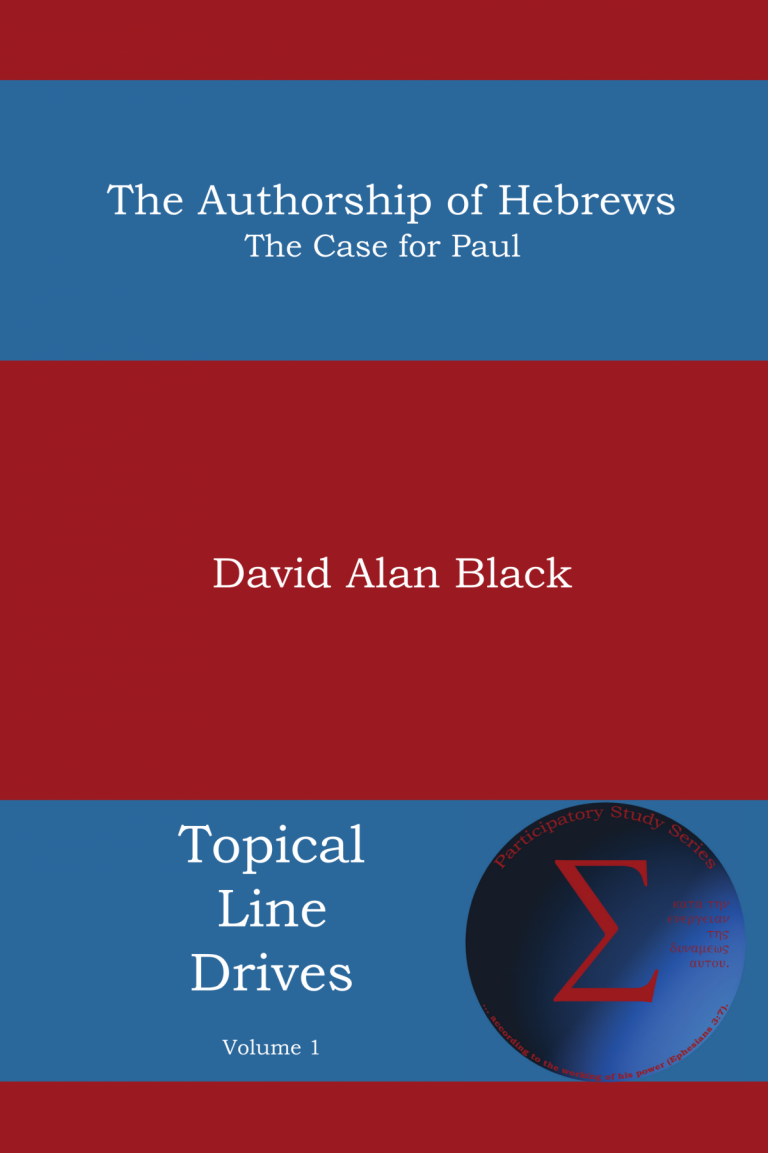Review: Ancient Christian Commentary on Scripture: Hebrews
My primary training in biblical studies placed an overwhelming emphasis on historical study. The idea was to get at the original meaning of the text as it would have been understood by those who first heard or read it. I should note that amongst my professors there was some desire to look at reception, and there was also some desire to look heavily at denominational application (these were Seventh-day Adventist schools), but I rejected both elements quite strongly and stuck to historical study.
Now I still have no problem with that approach, as long as that is seen as an approach rather than the approach to Bible study. The Bible is indeed a document written in history. I would no longer say, as I said at the time, that I approach the Bible like any other piece of ancient near eastern literature. (At some other time I’ll discuss the problem I see with interpreters who remain in the sacred tradition and seem unable to see the historical meaning at all.)
But what does a person whose approach has been entirely on the historical side do if he is convinced that there is also an approach to studying scripture that is not purely historical, but sees the Bible not as just another piece (or collection) of ancient near eastern literature, but rather as God’s revelation to the church? Such a view means that the reception of the text through the history of the church is also critical.
Where I actually started was with whole books by church fathers and by Christians through the centuries. There is a benefit to this form of study in that you get a better picture of a particular writer by reading a substantial portion of his or her writing. But I am still primarily a student of language and history and definitely not a professional theologian.
Enter the Ancient Christian Commentary on Scripture series. (I wrote this on completing my read of New Testament Volume X, but I think my comments apply to the whole series.) Here we have a selection of patristic commentary on various passages. It simple to read and follow and contains the full text of the scripture in question. The variety and the selection is great, and most of the commentary is brief.
You shouldn’t expect to use this as a full commentary. It’s not intended to be. Neither should you expect it to give you a full introduction to each church father. It’s providing snippets that relate to particular scriptures. But you can find the context of the various fathers and their contribution by looking at the brief bios and the summary timeline in the back.
I’ve found myself providing many quotes from this book as I’ve read. It has been a far back-burner type project, and in many cases I’ve gone on to find the context of the quotes online, for which the Christian Classics Ethereal Library has proven very useful. I’ll be bold enough to note also that I find some statements by the fathers to seem somewhat wide of the mark. I think they were subject, as I am, to a desire to make the scriptures support their own pre-established views. I would note that they are closer to the time and language of the texts, and thus they provide some help in discovering the historical meaning as well.
This is really turning out to be more notes on using the church fathers and writers from other periods in Bible study and less a review of this particular commentary. Let me summarize. I think the selection is excellent, the volume well-organized, and provided one makes use of the resources provided, one can gain substantial value using any of these volumes in study.



Hi!This is awesome views about Christianity.It is nice about ancient Christianity.
Thanks for reading.